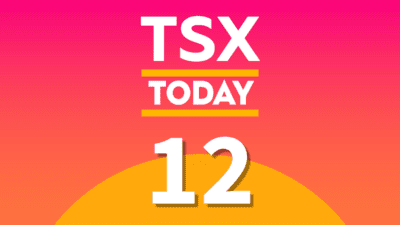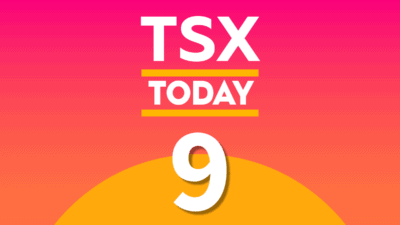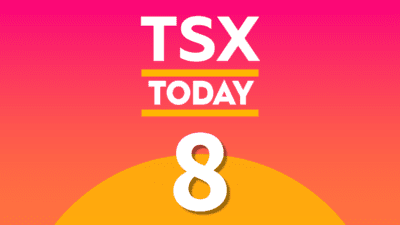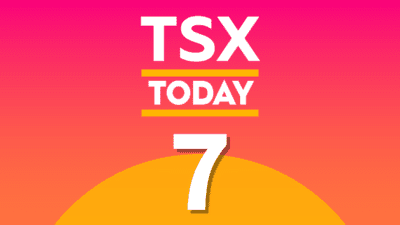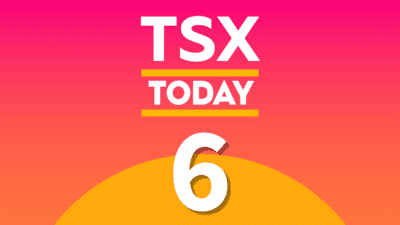As we inch closer to the end of 2024, several Canadian individuals and households will start looking at various tax breaks to lower their taxable income next year. Taxes, like death, are inevitable and can overwhelm the majority of households due to the complexity associated with the filing process.
The first step is to identify all the tax breaks the Canada Revenue Agency offers that apply to you and your family. One such “universal” tax break is the Basic Personal Amount, or BPA.
What is the BPA tax credit?
The BPA is a non-refundable tax credit available to all Canadian residents. In 2024, the BPA increased to $15,705, up from $15,000 in 2023 and $13,808 in 2021. Now, the CRA states that you can apply a 15% tax rate exemption to the BPA, which reduces your taxes by $2,355.75 (15% of $15,705).
Here’s what you need to consider:
- For those earning less than $173,205 in 2024, the BPA tax break is $15,705.
- The BPA tax credit will range between $2,355.75 and $2,123.40 for Canadians earning between $173,205 and $246,752.
- If your net income in 2024 is over $246,752, the BPA deductions reduce to $14,156, lowering your tax break to $2,123.40.
Reinvest the tax break in low-cost passive funds
Tax breaks such as the BPA help you save a small amount every year. The proceeds can be used to invest in low-cost passive index funds that track indices such as the S&P 500. Over the last six decades, annual S&P 500 returns have averaged more than 10% after accounting for dividend reinvestments.
A $10,000 investment in the S&P 500 index at the start of 1993 would have ballooned to over $240,000 today. During this period, the U.S. economy has wrestled with multiple downturns, including the dot-com bubble, the Great Financial Crash, the COVID-19 pandemic, and decade-high inflation.
While the index trades near all-time highs, it is well-diversified, providing exposure to some of the world’s biggest companies, such as Nvidia, Apple, Microsoft, Alphabet, Meta Platforms, Amazon, Tesla, Eli Lilly, and Berkshire Hathaway.
Given these factors, Canadian investors can consider adding Vanguard S&P 500 Index ETF (TSX:VSP) to their equity portfolio. With $3.54 billion in assets under management, the VSP index tracks the S&P 500 and is hedged to the Canadian dollar. Basically, you are sheltered from any adverse movements in exchange rates.
Hold quality growth stocks to diversify further
While you must hold at least 80% of your equity investments in low-cost funds such as the VSP, Canadians with a higher risk appetite can consider allocating small sums of capital to quality growth stocks such as goeasy (TSX:GSY). Valued at a market cap of $3 billion, goeasy stock has returned close to 1,000% to shareholders in the past decade.
Despite these outsized gains, goeasy is fairly valued, given it reported a net income of $265.3 million in the last four quarters, compared to $140 million in 2022. Priced at 11 times trailing earnings, goeasy continues to trade at a discount to its intrinsic value.





